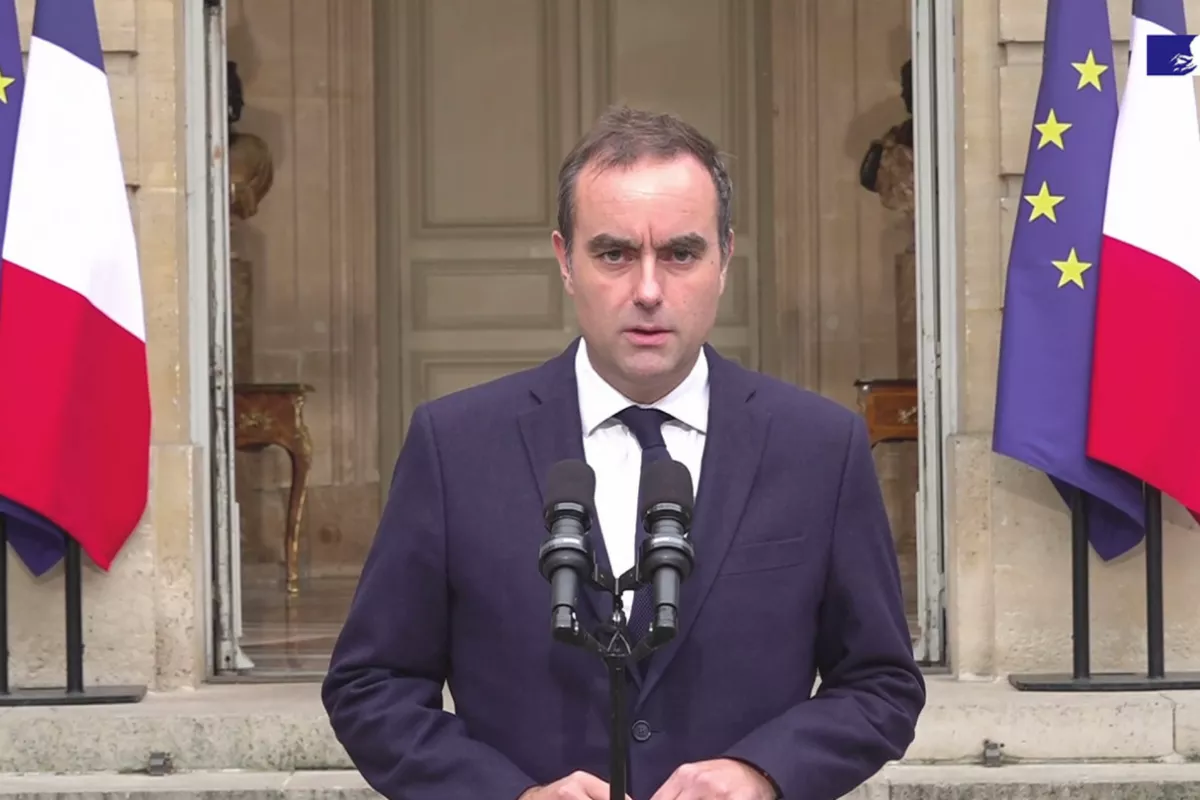France is preparing for the appointment of a new Prime Minister after President Emmanuel Macron’s office announced on Wednesday that a replacement would be chosen within the next two days. It comes as the country struggles through its worst political crisis since Macron took office in 2017.
Prime Minister Sébastien Lecornu, who stepped down after just 27 days in office, has confirmed he completed his mission to negotiate with other political parties. His brief tenure makes his government the shortest in modern French history.
“I tried everything,” Lecornu told France 2 television. “This evening, my mission is finished.”
Lecornu stressed that despite three weeks of intense negotiations, political parties refused to compromise, leaving him unable to form a functioning government.
At the heart of the crisis is a spending cuts package designed to tackle France’s mounting dept. When Lecornu unveiled his cabinet, it sparked immediate backlash from both left and right. Many complained that his team included the same people from the previous government; the one that had just failed.
He resigned the next day.
Macron then asked Lecornu to spend 48 hours trying to find a solution that different parties could agree on. What Lecornu found was that parliament members did not want new elections. “There is an absolute majority in the National Assembly opposed to dissolution,” Lecornu said, noting that “210 parliament members want a platform of stability”.
This meant Macron could try appointing a new government without calling fresh elections. The presidential office said there was “a platform for stability” that could allow a budget to pass by the end of the year.
Why parliament is stuck
The very root of the problem is that no single party controls parliament. Last year, Macron called snap elections hoping to strengthen his position. Instead, the results left parliament split between multiple parties with no clear majority.
Macron’s centrist party now works alongside the centre-right Republicans party, but even together they don’t have enough votes to pass legislation without support from the other parties.
This weakness has already overthrown two prime ministers before Lecornu. Both Michel Barnier and François Bayrou were voted out by parliament. The far right National Rally party, led by Marine Le Pen, has made clear it will “vote against everything” that any new government proposes.
The biggest source of tension remains a pension reform that raises the retirement age and sparked months of protests. It remains deeply unpopular. However, Lecornu warned that abandoning it would cost at least three billion euros by 2027.
Macron has now found himself increasingly isolated. Even Édouard Philippe, a former prime minister and once his close ally, has called for presidential elections to resolve the crisis.
However, Lecornu strongly rejected the idea that Macron himself should step down. He said “it’s not the moment to change the president”, pointing to global tensions and France’s international responsibilities as reasons to maintain stability.
Instead, Lecornu suggested the next government should be less focused on politics and more focused on solving problems. He said ministers should not be thinking about running in the 2027 presidential election. They should simply focus on governing.
What now?
A new budget proposal will go to cabinet on Monday. “It won’t be perfect,” Lecornu acknowledged. “There will be a lot of debate”. But he gave no hint about who might replace him.
Macron could reappoint Lecornu, choose someone entirely new, or try a different approach altogether. Whatever he decides though will shape how France tackles its budget crisis and tries to restore some stability.
For now, the next 48 hours are crucial. France has already had five prime minsters in less than two years, leading to questions as to whether the country can still be governed effectively.
Stay updated with Monaco Life: sign up for our free newsletter, catch our podcast on Spotify, and follow us across Facebook, Instagram, LinkedIn, and Tik Tok.
Main photo of Sébastien Lecornu source: info.gouv.fr
